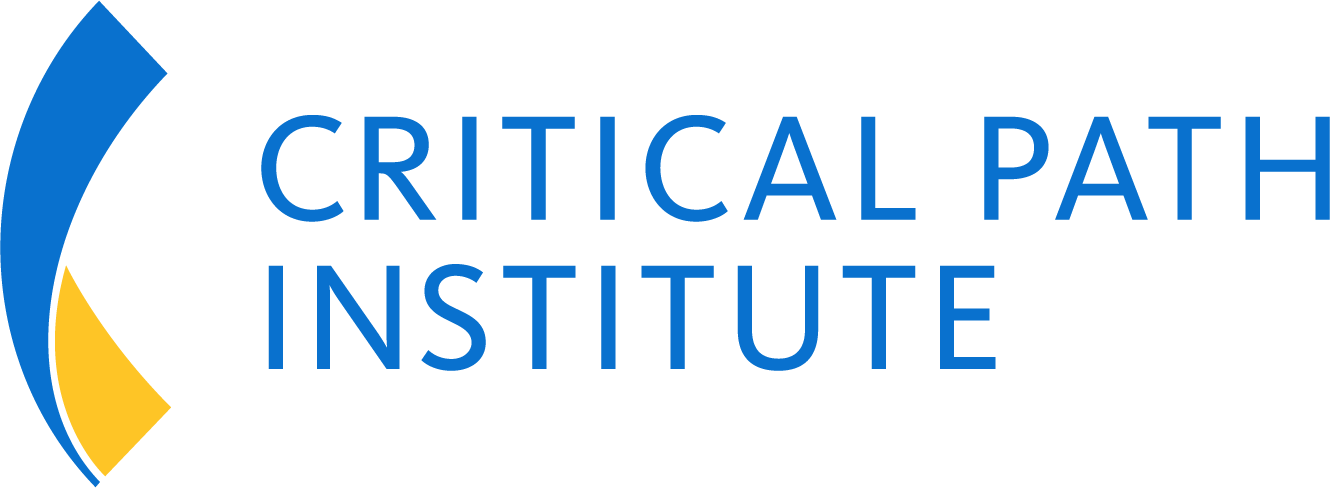New patient-level data will facilitate more efficient clinical trial design
TUCSON, Ariz., April 12, 2021 — Critical Path Institute’s (C-Path) Critical Path for Alzheimer’s Disease (CPAD) Consortium today announced that it is significantly expanding its Alzheimer’s disease (AD) patient-level data repository with high-quality contemporary industry clinical trial datasets, focusing on early stages of the disease.
Generous data contributions and support from the pharmaceutical industry have made it possible for the CPAD team to integrate 42 high-quality clinical trial and observational studies in AD, containing more than 21,000 patient-level records.
Since July 2019, CPAD has signed Data Contribution Agreements (DCAs) with data contributors, for five highly relevant datasets, representing over 4,000 patient-level records, which have been integrated into the CPAD repository. CPAD also expects the transfer of two additional datasets with another 4,000 patient-level records. In addition, CPAD is currently negotiating DCAs with five CPAD member pharmaceutical companies, with an expected addition of nine datasets, bringing in more than 10,000 additional patient-level records to the CPAD repository.
“Serving as a neutral third party, CPAD provides a safe harbor for individual organizations to share data in a pre-competitive environment,” said Sudhir Sivakumaran, Ph.D., Vice President, Neuroscience at C-Path and Executive Director of CPAD. “By facilitating cross-functional, pre-competitive collaboration and active engagement between the regulatory agencies and drug development professionals, we can make a significant difference in the bench to bedside timeline for patients.”
The expanded patient-level data will allow generation of novel drug development tools (DDTs) and solutions such as disease progression models across the entire continuum of AD, incorporating various fluid and imaging biomarkers, in addition to genotype, cognitive and functional outcome assessments and demographics. The novel tools and solutions will enable a more efficient design of clinical studies with better informed inclusion criteria, endpoint selection and patient enrichment strategies. C-Path’s quantitative approach allows for a comprehensive integration of relevant patient characteristics for informed and efficient decision‐making in drug development.
Data sharing is fundamental to enable the development of novel DDTs, which require integration and aggregation of patient-level data from multiple independent sources and studies. Successful data sharing for the purpose of seeking regulatory endorsement of a DDT relies on extensive partnerships between industry, academia, research institutes and societies, patient-advocacy groups, and governmental regulatory agencies. “CPAD’s successes and accomplishments in the last decade is testimony to the extensive collaboration, partnership, and support of the industry members,” Sivakumaran continued. “The consortium seeks to continue accelerating drug development by increased data sharing and ultimately, be able to successfully address the key unmet needs and unanswered questions including the voice of the patients.”
“CPAD provides the AD field with a unique opportunity to transform patient-level data into actionable solutions, which can in turn transform the drug development process for Alzheimer’s disease,” said C-Path Chief Science Officer and Executive Director for Clinical Pharmacology Klaus Romero, M.D., M.S., F.C.P. “The unique way in which CPAD presents such solutions for formal regulatory review generates the necessary confidence for the adoption of such solutions by our industry partners.”
Data acquisition and integration is a critical prerequisite for the development of novel regulatory-grade quantitative drug development solutions. For more than a decade, CPAD has led the space with regulatory successes and expertise in data aggregation and generation of novel drug development tools. The consortium continues to pursue efforts to expand its datasets, which will significantly add to the increased understanding of disease progression and pathology in AD.
For more information, visit https://c-path.org/programs/cpad/.
To learn more about data contribution to the repository, email info@c-path.org.
To access the Critical Path Institute (C-Path) Online Data Repository (CODR) go to
https://codr.c-path.org/main/applyDatabaseSelection.html
Critical Path Institute is supported by the Food and Drug Administration (FDA) of the U.S. Department of Health and Human Services (HHS) and is 55% funded by FDA/HHS, totaling $14,575,306, and 45% funded by non-government source(s), totaling $11,916,747. The contents are those of the author(s) and do not necessarily represent the official views of, nor an endorsement by, FDA/HHS or the U.S. Government. For more information, please visit FDA.gov.
________________________________________
Critical Path Institute (C-Path) is an independent, nonprofit organization established in 2005 as a public and private partnership. C-Path’s mission is to catalyze the development of new approaches that advance medical innovation and regulatory science, accelerating the path to a healthier world. An international leader in forming collaborations, C-Path has established numerous global consortia that currently include more than 1,600 scientists from government and regulatory agencies, academia, patient organizations, disease foundations, and dozens of pharmaceutical and biotech companies. C-Path US is headquartered in Tucson, Arizona and C-Path, Ltd. EU is headquartered in Dublin, Ireland, with additional staff in multiple other locations. For more information, visit c-path.org and c-path.eu.
Media Contact:
Kissy Black
C-Path
615.310.1894
kblack@c-path.org

